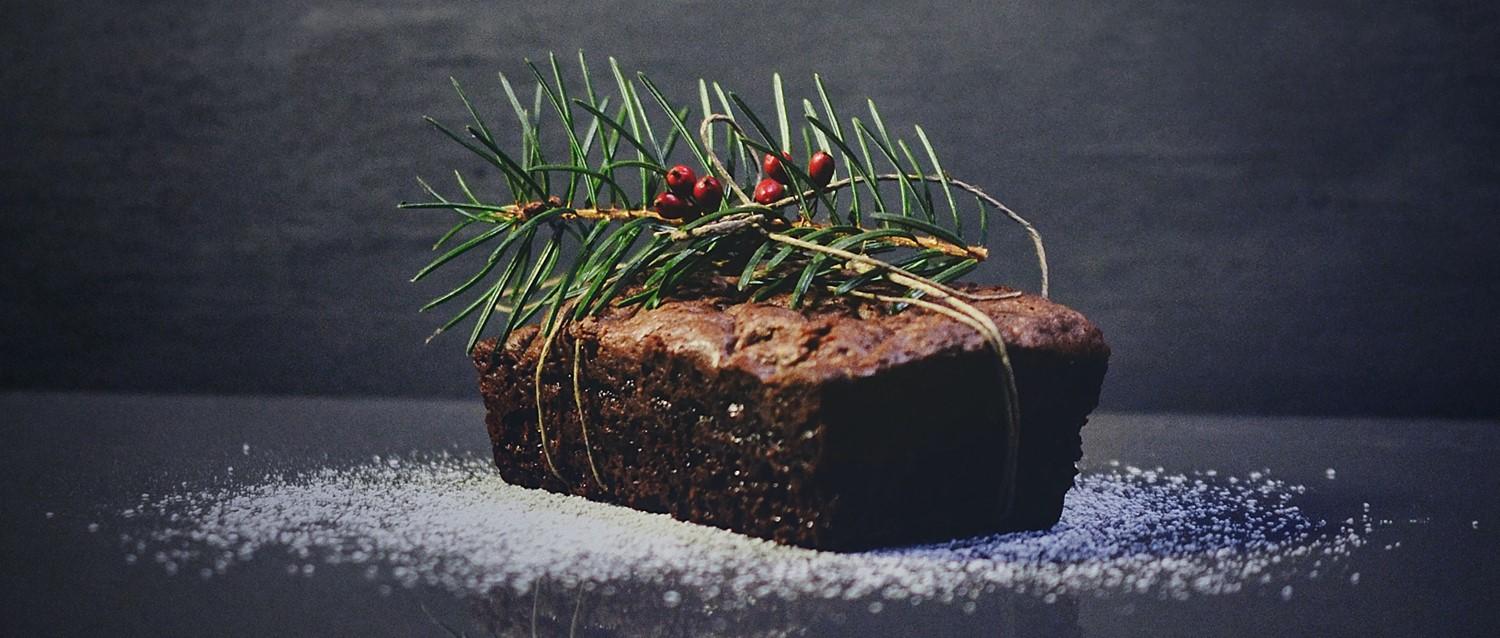
How to cope with a nut allergy at Christmas
Peer reviewed by Dr Krishna Vakharia, MRCGPLast updated by Amberley DavisLast updated 16 Dec 2022
Meets Patient’s editorial guidelines
- DownloadDownload
- Share
- Language
- Discussion
Around two in 100 children and one in 200 adults have a nut allergy in the UK. Nuts are a staple ingredient in many Christmas recipes, and sometimes they are not easy to spot. It's important to be careful over the festive season and protect those with food allergies from allergic reactions.
In this article:
Continue reading below
How common are nut allergies?
In the UK and USA, the prevalence of nut allergies is increasing. According to Allergy UK, there are nearly 100,000 new cases each year. Peanut allergies among children in Western countries have doubled in the last 10 years. In addition, in the UK over the last 20 years there has been a 615% rise in hospital admissions for anaphylaxis - extreme allergic reactions that can result in death.
Christmas time can see a surge in hospital admissions for those with nut allergies. Nuts enjoy the spotlight in many of our festive recipes, and in others their presence can be hard to spot.
Adam Fox, consultant paediatric allergist at a leading London teaching hospital, describes how Christmas can be a chaotic time of family gatherings and social events. The abundance of food and party snacks puts people with nut allergies at risk and makes it hard for parents to always keep an eye on what their children are eating.
What happens when you have an allergic reaction to nuts?
Both peanuts and tree nuts - although peanuts are not strictly classed as a nut - can cause allergic reactions in some people. This happens when your body's immune system overreacts to a foreign substance which wouldn't cause you harm. Your immune system releases a substance called histamine, and this can trigger several symptoms of an allergic reaction.
What are nut allergy symptoms?
"Look out for classic food allergy symptoms such as hives/nettle rash (urticaria), swelling and an itchiness around the mouth immediately after eating," advises Fox. "In rare cases, people may experience difficulty breathing. This is an anaphylactic reaction and requires emergency medical attention."
Other signs and symptoms of an allergic reaction can include:
Your mouth and lips tingling.
Colicky pains in your tummy (abdomen).
A feeling of tightness around your throat.
Signs and symptoms of a more severe allergic reaction (anaphylaxis) can include:
All of the above.
Wheezing or difficulty breathing
Swelling around your throat.
A sense of impending doom.
Dilation (opening up) of your blood vessels, which can cause skin redness, a quick heart rate, or low blood pressure which can cause you to feel faint.
Continue reading below
What nuts do you eat at Christmas?
There are some obvious nutty festive food favourites, and some not so obvious uses of nuts at Christmas.
Roasted chestnuts and salted peanuts are popular party snacks often found on party tables. The amount of food and people at some gatherings can make it hard for parents of children with nut allergies to keep a watchful eye and to stop their children from grabbing nuts.
Rocky road, hot chocolate, and other chocolate-based products may also contain nuts and it's worth always reading the label or to be wary of food provided by others. Walnuts also enjoy the spotlight over Christmas and can be found in many savoury and sweet dishes, including salads and cake.
Beware of Christmas favourites that sometimes - but not always - contain nuts:
Stuffing - can be made with a wide variety of ingredients including all different kinds of nuts.
Brussels sprouts - look out for garnishes such as flaked almonds or walnuts when eating out.
Pine nuts - commonly used in salads and in festive sauces.
Festive breads - special occasion breads are often studded with walnuts, pecans, or other nuts.
Festive sauces - nuts are sometimes used in cranberry sauce, bread sauce, and special gravies.
Nuts are also frequently used in Christmas desserts and sweets:
Christmas cake.
Christmas pudding.
Panettone.
Mince pies.
Stollen.
Nougat.
Peanut brittle and peanut butter sweets
Gingerbread.
Marzipan and praline.
Ice cream.
Tips to help you avoid nuts at Christmas
Despite the abundance of food and people over Christmas time, there are some things you can plan for to make avoiding nuts a little easier:
If buying or cooking food yourself:
Check every label - peanuts and tree nuts are two of the 14 allergens that are required by law to be clearly signposted in bold on all food labels.
Look up alternative nut-free recipes for your festive favourites - if you or your family crave a traditional Christmas recipe that usually contains nuts, there are plenty of alternative recipes that you can find easily online.
Eating other people's food:
Speak to the host ahead of the gathering - they can either provide nut-free options, or you can offer to contribute your own nut-free cuisine.
Prepare your child - if your child has a nut allergy, explain to them that there may be food at the party that they can't eat. Tell them to ask you before eating anything on offer, and bring some treats that you know they can enjoy.
Over Christmas and throughout the year, if you have been issued an adrenaline auto-injector (AAI) always have this ready for emergency use.
Eating out
Allergy UK has some useful tips to help you stay in control of what you're eating when dining out, both over Christmas and throughout the year.
Even food which doesn't have nuts listed in the ingredients may have been cooked in oil containing nuts or sesame seeds. Cross-contamination of food cooked in the same oil as nut-containing food can also cause an allergic reaction.
Allergy UK's tips for eating out
Research the restaurant in advance - look at the menu options online or call the restaurant to ask about their nut-free options, how the food is prepared, and whether cross-contamination with allergens is controlled.
Avoid food buffets or salad bars - shared utensils increase the potential for cross-contamination between dishes.
Ask for allergy-friendly menus at catered events.
Always remember to bring your AAI and tell at least one other attendee how to support you - in case of an allergic reaction.
Speak to the staff on arrival - make them aware of your nut allergy so that your food doesn't come into contact with an allergen in the kitchen, and maybe ask for the chef to use clean cooking equipment, depending on your nut allergy severity.
Choose simple dishes if possible - Christmas dinner options may include plainer options such as meat, steamed vegetables, and potatoes. You may need to check if nuts are used in marinades and sauces.
Check your food carefully when it arrives - send it back if you suspect it contains, or has been in contact with, any nuts.
Patient picks for Food allergy and intolerance

Allergies, blood and immune system
Could you have a nightshade allergy?
Do you have a sneaking suspicion that meals containing aubergines, peppers, or potatoes don't quite agree with you? We explore the difference between a nightshade allergy and a nightshade intolerance, plus the symptoms these foods can trigger in those who are susceptible.
by Elizabeth Sulis Kim

Allergies, blood and immune system
What is alcohol intolerance, and what are its symptoms?
Alcohol can cause a great level of discomfort if someone drinks it without being aware they have alcohol intolerance. Continuing to drink alcohol while knowing you are intolerant (or allergic) can also have severe health consequences.
by Emily Jane Bashforth
Continue reading below
Article history
The information on this page is peer reviewed by qualified clinicians.
16 Dec 2022 | Latest version
6 Dec 2021 | Originally published
Authored by:
Amberley Davis

Ask, share, connect.
Browse discussions, ask questions, and share experiences across hundreds of health topics.

Feeling unwell?
Assess your symptoms online for free
Sign up to the Patient newsletter
Your weekly dose of clear, trustworthy health advice - written to help you feel informed, confident and in control.
By subscribing you accept our Privacy Policy. You can unsubscribe at any time. We never sell your data.